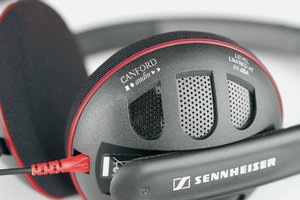On their own, headphones may not damage your hearing under normal conditions, if the volume is kept in check. But you may be at greater risk of damage should something go bad with the headphones or the device you have them connected to, especially if you use the in-ear models.
This is what in-ear models look like.
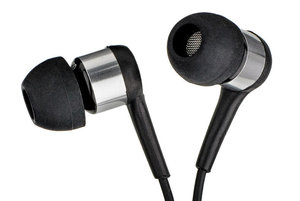
This is what normal "earphones" look like.
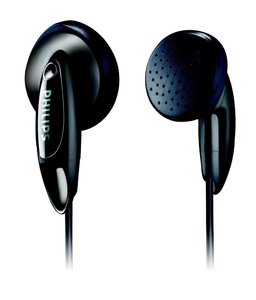
These terms are often used interchangeably.
There are even "airpods" now.
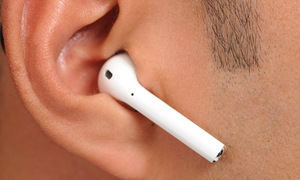
As well as "earins".
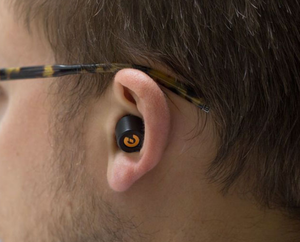
There are so many pods, ins and outs now that it's becoming difficult to keep track of it all. These personal listening devices are now even fusing with hearing aids. There are now consumer grade headphones with amplifying features that can rival the professional hearing aids. There are some really innovative ones I have seen. But that's for another post.
Some will say that the in-ear models and noise canceling headphones allow you to keep the volume low, because you don't have to crank up the volume to block out the external noise, and that for this reason they are safer than other models. That perhaps is true... if you do keep the volume down low.
This is what noise canceling headphones often look like.
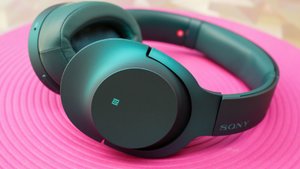
There may be smaller ones available with noise canceling feature, but more often than not, it is fitted in the large headphones like these ones.
Maybe it's just me then... but I have used a lot of headphones in my life, and a lot of different portable, personal listening devices. I never cared 2 cents about the external noise! I was young and I was dumb! When I would crank up the volume I would do it for pure pleasure, because, lets face it, it is much more energizing! Many of us anyway... and we don't think of the consequences until after the fact.
It's like upgrading from a car without air bags to a car with air bags! If you are "safe" in a car without air bags, traveling at a speed of 50 Kmph, then theoretically...

You should be even "safe-er" in a car with air bags installed, traveling at the same speed. But what do people do?

They punch the pedal to the metal and go 70 Kmph because they have a "safe" car now, a safer car relative to the old model.
That's just how we people are, and we constantly keep pushing the limit, the limit of our cars, and our selves. It's the same with these supposedly superior headphones. The headphones are only going to be as safe as you are wise in using them.
I would rather see safety measures be put in place to protect ourselves from ourselves. Instead of trusting the judgement of the user. But it's not easy.
So in cars, I want to see limiters installed that disable the car from reaching insanely high speeds. You will find that all modern cars have these installed already. But what do the users do? They go angry and complain to each other how their cars won't go over 200 Kmph and they advise each other on how to disable the limiter that's been built in by the manufacturer. They want to be able to wroom past the "competition" on Autobahn at 250 Kmph. For no good reason.
And with headphones, you will find that everything from early 2000 model of iPod to the latest "smart" phones have a volume limit. On some devices you hear a beep warning you that you are past the safe listening level. On those that have a display you will see a warning message similar to the one you see below.

You can often freely choose to ignore the warning. On some devices, you are not able to disable this feature. Then users get angry and ask each other for advice on how to hack it so they can disable this safety measure.
On some devices, this can be adjusted or circumvented by design.

On this model you can obviously set your own maximum level. But of course!... you know what's safe for you...

 Manager
Manager Member
Member









 .
.